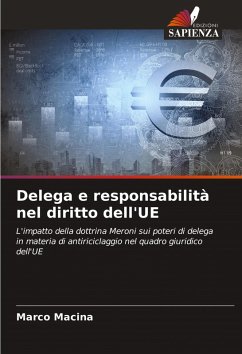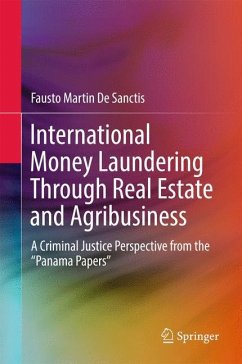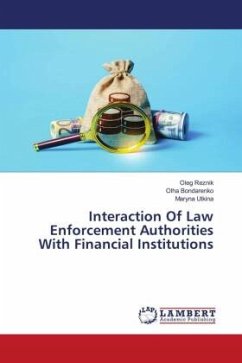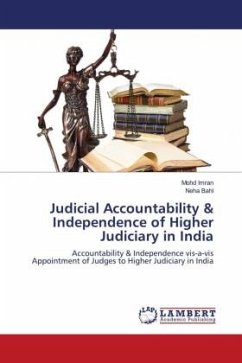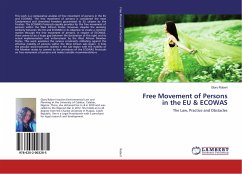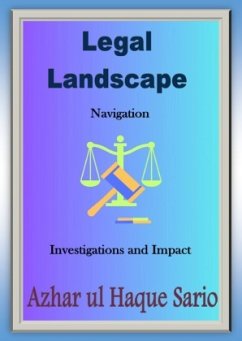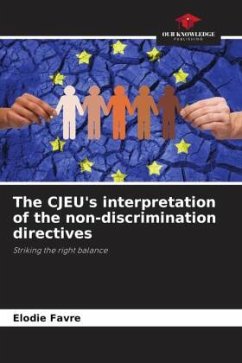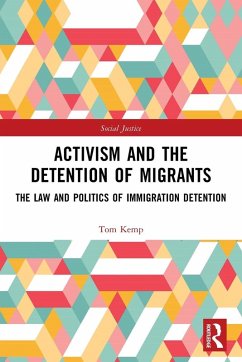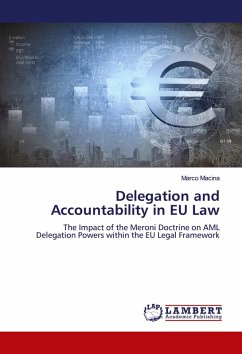
Delegation and Accountability in EU Law
Versandkostenfrei!
Versandfertig in über 4 Wochen
42,99 €
inkl. MwSt.

PAYBACK Punkte
21 °P sammeln!
As global and European financial markets grow in their complexity, the EU faces new challenges posed by illicit practices such as money laundering and terrorist financing. In light of these developments, the new Anti-Money Laundering Authority will seek to enhance the existing european regulatory framework. This book explores the balance between EU agency autonomy, operational efficacy, and the legal constraints imposed by the Meroni Doctrine, which has governed power delegation since 1958. The evolution of the doctrine is traced from its inception, to the pivotal 2024 Banco Popular case, whic...
As global and European financial markets grow in their complexity, the EU faces new challenges posed by illicit practices such as money laundering and terrorist financing. In light of these developments, the new Anti-Money Laundering Authority will seek to enhance the existing european regulatory framework. This book explores the balance between EU agency autonomy, operational efficacy, and the legal constraints imposed by the Meroni Doctrine, which has governed power delegation since 1958. The evolution of the doctrine is traced from its inception, to the pivotal 2024 Banco Popular case, which redefined some delegation principles. Finally, the analysis focuses on the AMLA's scheduled launch in 2025, assessing its supervisory, administrative, and sanctioning powers against contemporary delegation standards. Additionally, the mechanisms to ensure democratic oversight and legitimacy in AMLA's decisions are taken into account. By highlighting both the strengths and potential weaknesses of the oversight mechanisms in question, the book offers insights into the role of European agencies in financial regulation with a at the related challange of mantaining democratic accountability.





